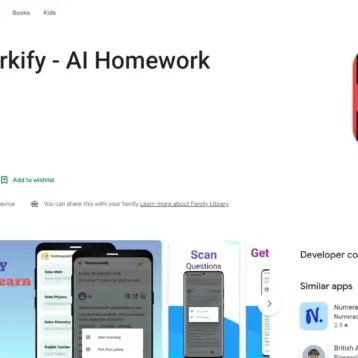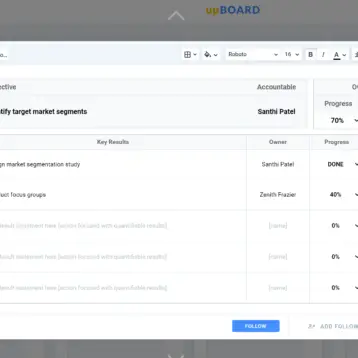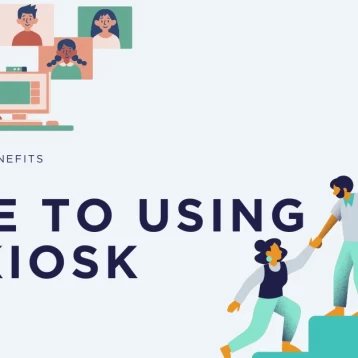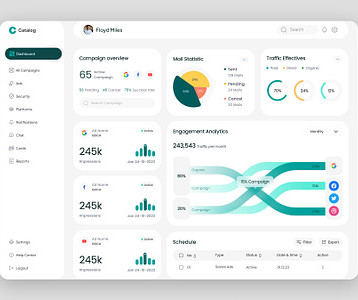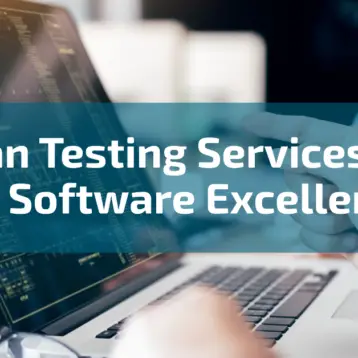In the dynamic landscape of event management, the significance of venue manager software has become increasingly pronounced. This sophisticated technology has emerged as a catalyst for the success of events, harnessing a range of powerful management features that propel gatherings to unprecedented heights. Delving into the heart of this technological advancement, this article unveils the essence of venue manager software. It illuminates the pivotal features that discerning event managers should actively seek within their arsenal of venue management tools.
Streamlining Event Planning Processes
Event planning is a complex endeavor, often involving multiple tasks and teams working together. Venue manager software introduces features that act as the gears behind efficient planning.
Automated Scheduling: The software’s automated scheduling feature enables event planners to allocate time slots, manage concurrent sessions, and prevent scheduling conflicts. For instance, a conference with parallel workshops can seamlessly assign speakers and attendees to sessions without overlaps.
Task Assignment: Assigning tasks becomes a breeze with software tools that facilitate the delegation of responsibilities to specific team members. An event manager can assign catering duties to one team while technical setup responsibilities go to another, ensuring clear accountability.
Progress Tracking: Progress tracking features offer a bird’s-eye view of task completion. This helps event organizers monitor the status of each task, from ticket printing to stage setup. Such tracking ensures no detail goes unnoticed and allows for timely adjustments.
Optimizing Time Management and Coordination: These software attributes streamline planning by minimizing manual coordination efforts. For instance, automated scheduling prevents time conflicts, task assignments distribute workloads efficiently, and progress tracking fosters informed decision-making, optimizing overall time management.
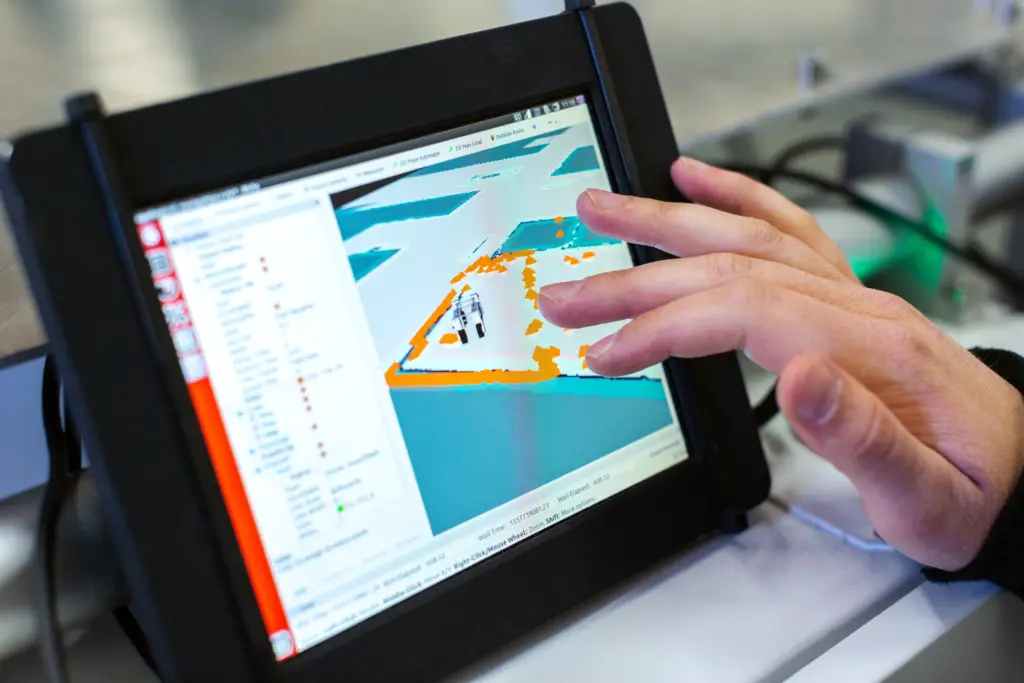
Optimizing Communication Channels
Effective communication lies at the heart of successful event execution. Venue management software introduces advanced communication features that foster collaboration and minimize miscommunication.
Centralized Messaging Platforms: These platforms consolidate communication channels, allowing teams to interact seamlessly within a single interface. Imagine an event team sharing updates, instructions, and feedback on one platform, ensuring every member stays informed.
Real-Time Updates: Real-time updates enable instant dissemination of critical information, such as schedule changes or emergency instructions. For instance, real-time updates can inform attendees about stage changes due to unforeseen circumstances in a music festival.
Enhanced Collaboration: Efficient communication via software enhances collaboration among stakeholders, from vendors to staff members. For example, a wedding planner can communicate seamlessly with decorators, caterers, and photographers, ensuring everyone remains aligned.
Ensuring Seamless Event Execution: Efficient communication provides everyone involved, from event planners to service providers, access to accurate and up-to-date information. This synergy minimizes misunderstandings, reduces bottlenecks, and ensures seamless event execution.
Efficient Resource Management
Resource management is a critical facet of event planning. Venue management software introduces features that streamline resource allocation and coordination.
Inventory Tracking: The features help event organizers monitor supplies, equipment, and materials. Consider a trade show where organizers can watch the availability of exhibition booths, ensuring no double bookings occur.
Equipment Allocation: Software tools enable efficient allocation for events requiring specialized equipment, such as projectors or sound systems. A corporate conference can allocate specific audiovisual equipment to each meeting room.
Vendor Coordination: The software simplifies vendor coordination by centralizing communication and requirements. For instance, a music festival organizer can use the software to communicate catering needs, equipment setup, and booth locations to food vendors.
Cost Savings and Improved Efficiency: Efficient resource management features bring tangible benefits. By avoiding overstocking, reducing equipment downtime, and preventing vendor miscommunications, event planners experience cost savings and improved logistical efficiency.
Automating Attendee Engagement
In attendee engagement, venue management software is a powerful ally, offering various features designed to captivate and involve event participants.
Personalized Event Information: The software’s personalized event information feature tailors communications to each attendee. For instance, a technology conference can send workshop details to attendees who have indicated an interest in coding workshops, ensuring they receive content relevant to their preferences.
Interactive Maps: Interactive maps within the software app offer attendees dynamic navigation through event venues. An example is a trade show, where attendees can locate booths of interest and access booth details with just a tap, enhancing their navigation experience.
Virtual Previews: Virtual event previews are a virtual reality (VR) innovation allowing attendees to explore event spaces before arrival. For a concert, attendees can experience a virtual view of the stage and seating arrangement, building anticipation for the live event.
Elevated Attendee Experiences: These features transcend mere information delivery. They create immersive experiences, enhancing attendee satisfaction. Personalized information helps attendees focus on what interests them most, interactive maps eliminate confusion, and virtual previews generate excitement, collectively contributing to overall event satisfaction.
Conclusion
Event management has undergone a transformative evolution by integrating comprehensive venue management software features. These multifaceted tools synergistically combine to elevate events into extraordinary experiences. By seamlessly streamlining planning processes, enabling efficient communication channels, optimizing resource management, automating attendee engagement, providing real-time data insights, and facilitating seamless on-site management, these software features converge to create an event ecosystem that resonates with attendees and organizers alike. The resulting exceptional event experiences are marked by precision, engagement, and satisfaction, affirming the pivotal role of technology in shaping the future of event management.



